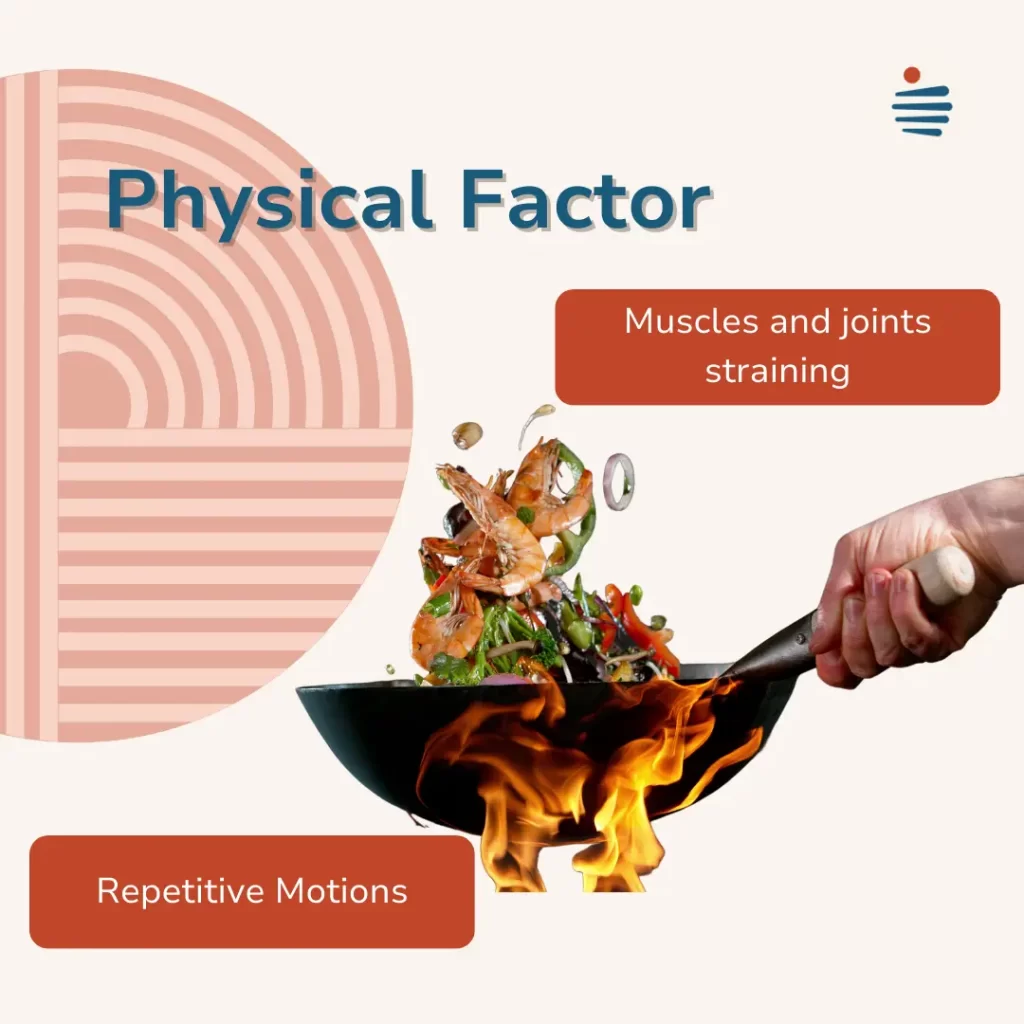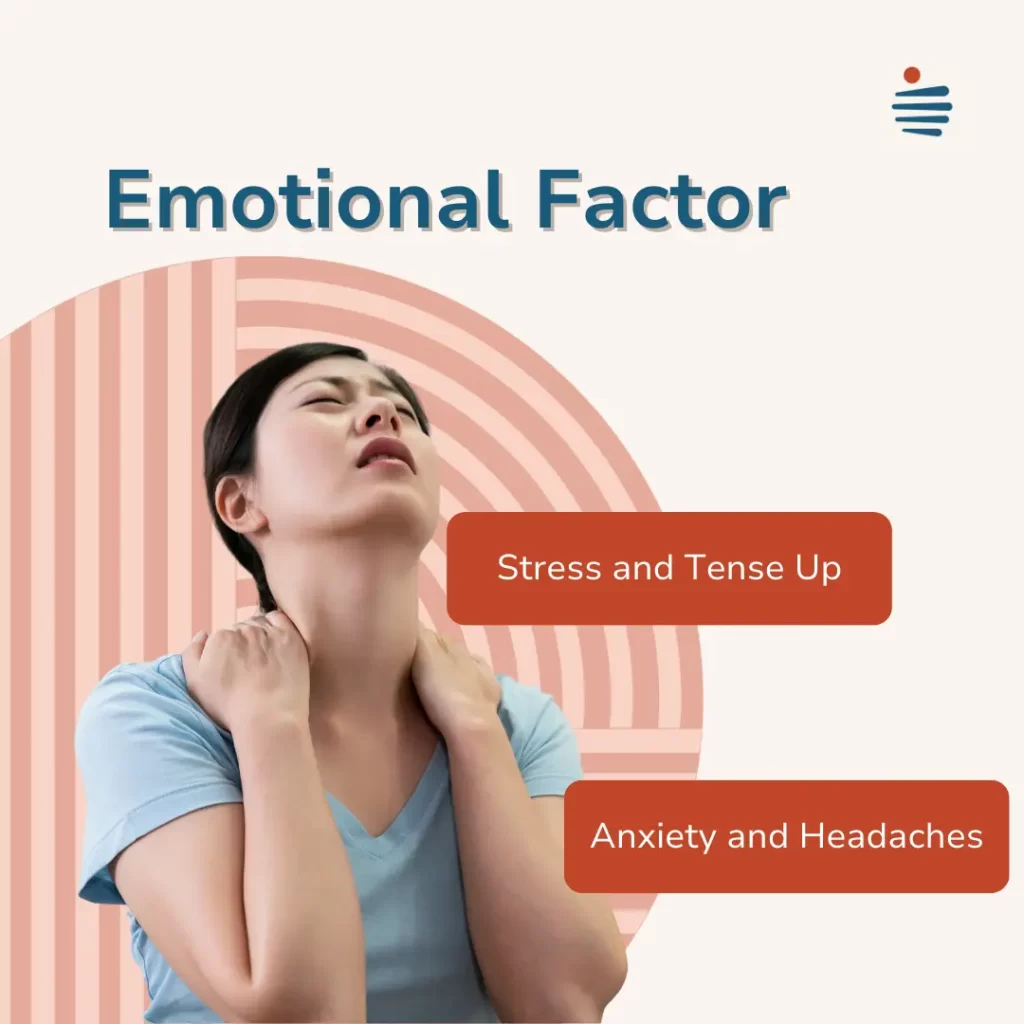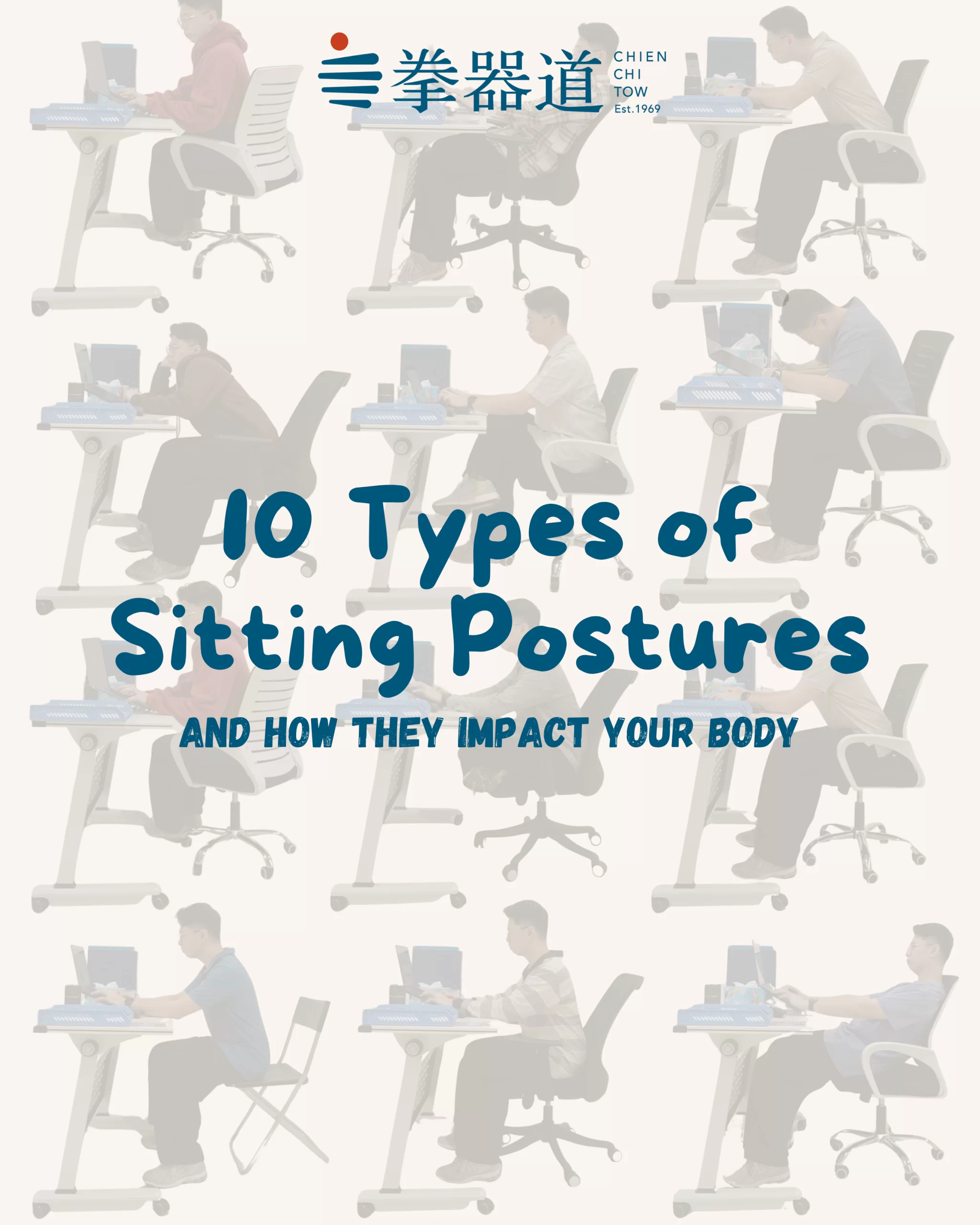In our fast-paced modern world, daily pain has become an all-too-common companion for many individuals. Whether it’s the result of long working hours, repetitive actions, stress, or lifestyle habits, pain can significantly impact our quality of life. Traditional Chinese Medicine (TCM) offers a unique approach to understanding and alleviating daily pain through manipulative massage techniques such as tuina. Today we will dive into the nature of daily pain, how it affects individuals, and how TCM Tuina Massage can be beneficial for preventing future musculoskeletal problems.
What is Daily Pain?
Daily pain refers to the discomfort or aches that people experience regularly due to their daily activities and routines. This pain can manifest in various forms, including muscle tension, joint stiffness, headaches, and generalized body aches. The sources of daily pain are often multifaceted, encompassing physical, emotional, and environmental factors.

1. Physical Factors
Physical activities, especially those involving repetitive motions, can strain muscles and joints. For example, office workers who spend long hours typing on a computer may develop wrist and neck pain, while parents constantly lifting children might experience back pain.

2. Emotional Factors
Stress and anxiety can lead to muscle tension and headaches. The body’s natural response to stress is to tense up, which can cause discomfort over time.

2. Environmental Factors
Poor ergonomics, such as sitting in an uncomfortable chair or working in a poorly lit environment, can contribute to daily pain. Additionally, lifestyle habits like poor posture and lack of physical activity can exacerbate these issues.
How Daily Pain Affects Different People
Daily pain affects individuals in various ways, depending on their occupations, lifestyles, and overall health. Here are some common examples:
Office Workers
Spending long hours at a desk can lead to neck and shoulder pain, carpal tunnel syndrome, and lower back pain. Poor posture and lack of movement throughout the day exacerbate these issues.
Parents
Constantly lifting and carrying children can strain the back and shoulders. Additionally, the stress of parenting can lead to headaches and tension.
Fitness enthusiasts
Those engaging frequently in sporting activities are prone to injuries due to stressors inflicted during strenuous exercise, such as tendonitis and muscle strains. Intense physical activity without proper recovery can cause chronic pain.
Private Hire / Taxi Drivers
Sitting for extended periods while driving can cause lower back pain and sciatica. The repetitive motion of turning the steering wheel can also lead to shoulder and neck pain.
Healthcare Workers
Nurses and other healthcare professionals often perform physically demanding tasks, such as lifting patients, which can lead to back and shoulder pain.
Manual Laborers
Construction workers, factory workers, and others who perform manual labor are at risk of developing chronic pain due to the physically demanding nature of their jobs.
The TCM Perspective on Pain
Traditional Chinese Medicine views pain as a disruption in the body’s flow of Qi (vital energy) and blood. According to TCM principles, when Qi and blood flow smoothly, the body remains healthy and pain-free. However, when there is a blockage or imbalance, pain and discomfort arise.
TCM identifies several key causes of pain
Qi Stagnation
This occurs when the flow of Qi is obstructed, leading to feelings of fullness, distension, and pain. Stress and emotional upset are common causes of Qi stagnation.
Blood Stasis
When the flow of blood is impeded, it can result in sharp, stabbing pain. This can be due to physical trauma, surgery, or chronic health conditions.
Cold and Dampness
Environmental factors, such as exposure to cold and damp conditions, can invade the body and obstruct the flow of Qi and blood, causing pain and stiffness.
Deficiency
Weakness or deficiency in the body’s vital substances, such as Qi, blood, yin, or yang, can lead to chronic pain and fatigue.
The Role of TCM Manipulative Massage Techniques
TCM manipulative massage techniques, such as tuina, play a crucial role in addressing daily pain by promoting the smooth flow of Qi and blood, relieving blockages, and restoring balance. Tuina is a form of therapeutic massage that involves various techniques, including kneading, rolling, pressing, and stretching, to stimulate acupuncture points and meridians.
Relieving Muscle Tension
Tuina techniques target specific muscles and soft tissues to release tension and knots. By applying pressure and manipulation, tuina helps to relax the muscles and improve circulation.
Improving Circulation
By stimulating the flow of Qi and blood, tuina enhances circulation throughout the body. This not only helps to alleviate pain but also promotes overall health and healing.
Reducing Stress and Anxiety
Tuina can have a calming effect on the nervous system, helping to reduce stress and anxiety. The gentle, rhythmic movements induce relaxation and release endorphins, which are natural painkillers.
Enhancing Flexibility and Mobility
Tuina techniques involve stretching and mobilization of joints, which can improve flexibility and range of motion. This is particularly beneficial for individuals with joint stiffness and chronic pain.
Addressing Root Causes
Unlike conventional treatments that often focus on symptom relief, tuina addresses the root causes of pain by restoring balance to the body’s energy systems. This holistic approach helps to prevent future pain and health issues.
Why Should You Look Into TCM Manipulative Massage Techniques?
Exploring TCM manipulative massage techniques, such as tuina, can provide numerous benefits for individuals experiencing daily pain. Here are some compelling reasons to consider this approach
Non-Invasive and Natural
Tuina is a non-invasive therapy that does not involve medication or surgery. It relies on natural techniques to promote healing and alleviate pain.
Holistic Approach
TCM views the body as an interconnected system. Tuina not only addresses physical symptoms but also considers emotional and environmental factors that contribute to pain.
Preventive Care
By addressing the underlying causes of pain and promoting overall health, tuina can help prevent future problems. Regular sessions can maintain the body’s balance and prevent the recurrence of pain.
Personalized Treatment
TCM practitioners tailor tuina treatments to the individual’s specific needs and condition. This personalized approach ensures that the therapy is effective and targets the root causes of pain.
Complementary to Other Treatments
Tuina can be used alongside other forms of treatment, such as acupuncture, herbal medicine, and conventional medical care. This integrative approach can enhance the overall effectiveness of pain management.
Practical Tips for Incorporating TCM Techniques into Your Routine
Incorporating TCM manipulative massage techniques into your routine can be a valuable step towards managing and preventing daily pain. Here are some practical tips to help you get started
Consult a Qualified TCM Practitioner
Seek out a qualified and experienced TCM practitioner who specializes in tuina massage. They can assess your condition and create a personalized treatment plan.
Regular Sessions
Consistency is key to achieving long-term benefits. Schedule regular tuina sessions to maintain the flow of Qi and blood and prevent the buildup of tension and pain.
Self-Massage Techniques
Learn simple self-massage techniques that you can perform at home. Your TCM practitioner can teach you specific techniques to target areas of tension and pain.
Healthy Lifestyle Habits
Complement your tuina treatments with healthy lifestyle habits. Maintain good posture, stay active, manage stress, and ensure you get adequate rest and nutrition.
Mind-Body Practices
Incorporate mind-body practices, such as tai chi, Qigong, and meditation, into your routine. These practices help to balance Qi, reduce stress, and improve overall well-being.
Daily pain is a common issue that affects many individuals due to various factors, including physical activities, stress, and lifestyle habits. Traditional Chinese Medicine offers a unique perspective on pain, viewing it as a disruption in the flow of Qi and blood. TCM manipulative massage techniques, such as tuina, provide a holistic and effective approach to managing and preventing pain.
By promoting the smooth flow of Qi and blood, relieving tension, and addressing the root causes of pain, tuina can significantly improve the quality of life for those experiencing daily discomfort. Whether you are an office worker, parent, athlete, or manual laborer, exploring TCM manipulative massage techniques can offer a natural and non-invasive solution to alleviate pain and enhance overall well-being.
By incorporating TCM techniques into your routine and adopting healthy lifestyle habits, you can effectively manage daily pain and prevent future problems, ensuring a better quality of life as you progress in your career or passion.









